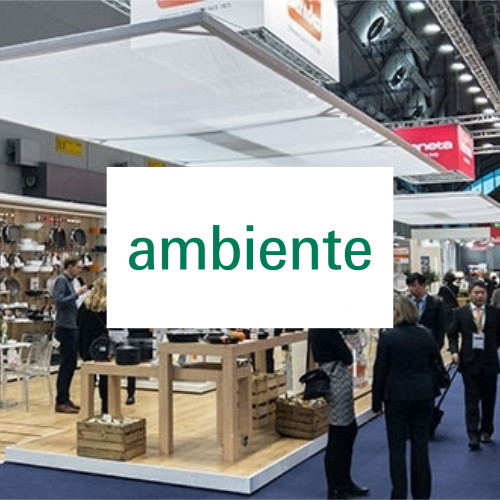The pottery brand has cited heavy discounting, online competition and running costs as the reasons for the loss.
During the year ending 29 April 2023, Emma Bridgewater posted a 9% rise in sales to £36.2 million, up from £33.1 million the previous year. Production costs increased by almost 20%, however, to £21m, along with a 15% increase in staffing and administrative costs of £16m.
The company said it faced strong competition in the market, leading to significant online price reductions, which impacted sales growth. Furthermore, increased raw material prices and higher energy costs hit profits.
Following the increasing costs, Emma Bridgewater has reduced its workforce, as well as adopting a four day working week and reduced working hours for all employees.
In its accounts published on Companies House, the company said: “We plan to actively progress our activities to ensure profitability in all market conditions. Given the current economic climate in the UK, US and China, and the complications of trading in Europe following Brexit, our focus is currently on reducing the fixed cost base of the company to allow us to respond more flexibly to changes in trading conditions.
“During the summer of 2023, we reduced our factory workers by around 40 people as the production requirement decreased. We also went through a period of 10 weeks of short working time at our factory in Stoke on Trent.
“We are currently reviewing the levels of pottery stock we hold versus our sales forecasts for the next 12-15 months.”
























